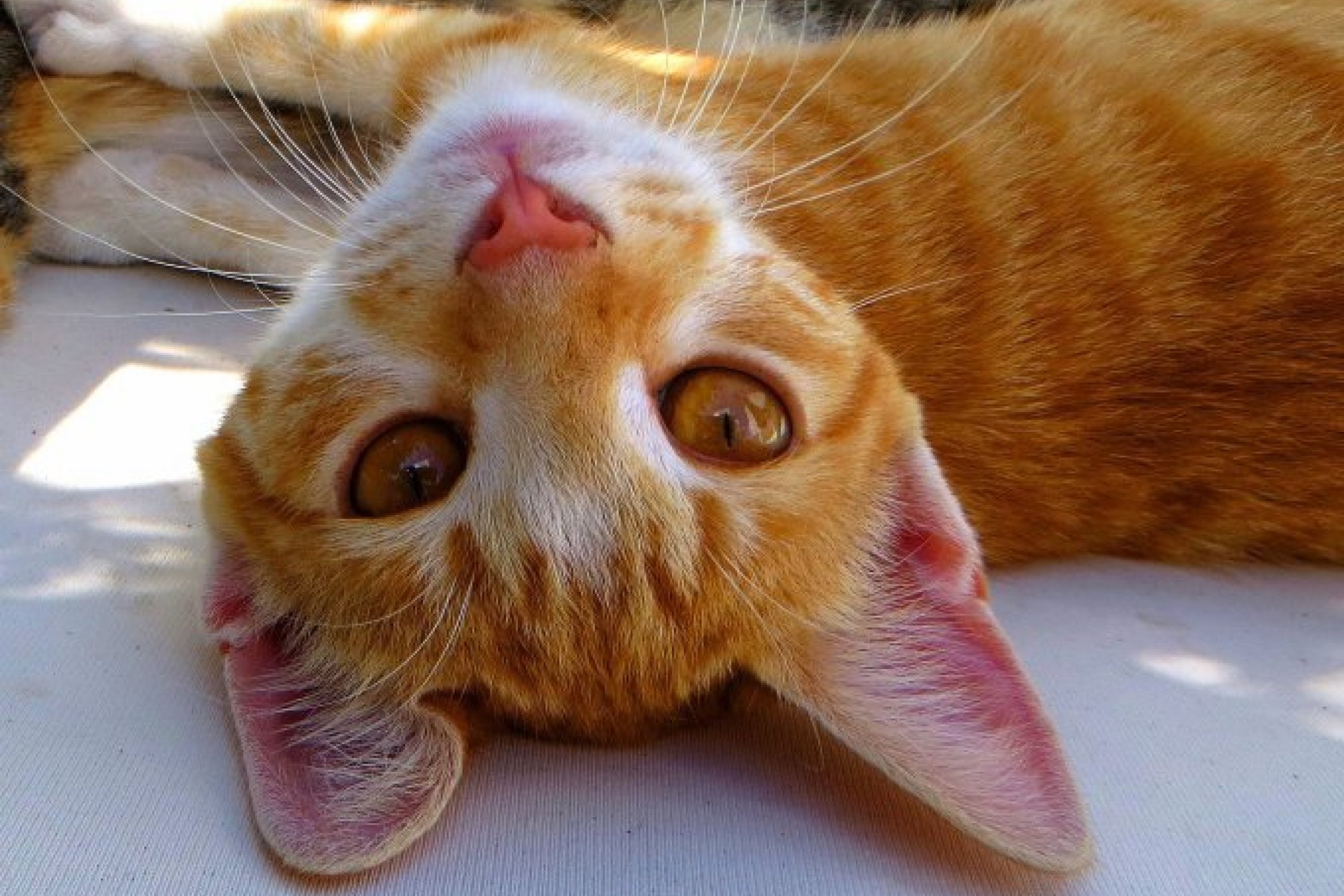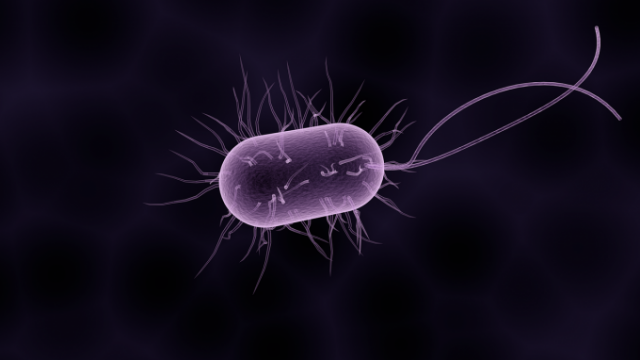Diarrhea in cats - causes and proper treatment

Saturday, 27 April 2024

Owners of feline friends should be aware of how many problems cat diarrhea can lead to. It should never be underestimated - in extreme cases it can lead to the death of your pet.
Cat diarrhea is in itself a clinical symptom, not a disease. It manifests itself by frequent bowel movements or larger amounts of stool. The excreted matter then takes on a liquid, unformed consistency. Other symptoms include general weakness, fever in the animal, and abdominal cramps.
If these symptoms last up to two weeks, then we speak of acute diarrhea. On the other hand, an illness that lasts for more than a month is considered chronic diarrhea.
Diarrhea in the cat occurs in many forms. Sometimes the feces is extremely liquid, as with lamblia, where there is expulsion of blood or mucus (symptom of worms), other times it takes the form of a compact and has a dark color - then our pet suffers from bleeding in the upper part of the digestive system. Acute cat diarrhea occurs as a common clinical problem, the course of which depends on the cause. It can occur spontaneously. Sometimes diarrhea requires treatment from a veterinarian. When your pet is debilitated and the diarrhea has been going on for two days, you should see a vet. Severe dehydration is one of the reasons why diarrhea should not be underestimated - sometimes it proves to be downright fatal. Lack of proper amount of water makes cat unable to fight the disease effectively. Kittens are especially vulnerable to dehydration. As owners, let's be careful - the sooner we report to the specialist, the better chance for recovery of our pet.
Many factors are responsible for diarrhea in cats. It is a symptom that accompanies various diseases. For their clear determination should be carried out appropriate tests. When the cause of diarrhea is viral, it is most often due to viruses such as:
Bacterial diarrhea occurs due to:

Feline diarrhea can also be caused by roundworms such as:
Diarrhea can occur as a result of infections such as:
The disease is also caused by protozoa:
Other possible causes are:
Reasons unrelated to the digestive system are:
If diarrhea in your cat does not go away, you should go with him to the vet. After a history, he should recommend treatment for the cause of diarrhea. The animal is given an IV, which may include vitamins and protein. Because of the many possibilities of diarrhea, each case should be treated individually.